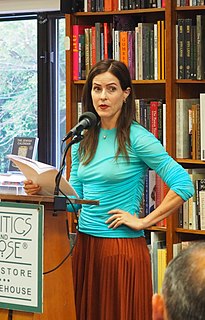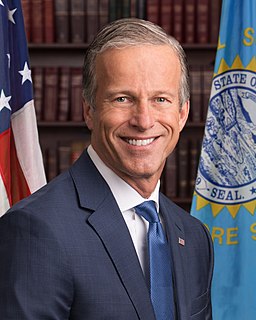A Quote by Charles Duhigg
Fannie Mae has traditionally only bought and sold mortgages. But when a loan held by the company goes into foreclosure, Fannie Mae gains ownership of the underlying property until it is resold to new investors.
Related Quotes
Fannie Mae is owned by shareholders but operates under a federal charter that exempts it from paying state or local taxes. As a result, many professional investors think the government would repay the debt that Fannie Mae had issued if the company could not, although Fannie Mae explicitly says that its bonds do not carry a federal guarantee.
One third of the $15 trillion of mortgages in existence in 2008 are owned, or securitized by Fannie Mae, Freddie Mac, Ginnie Mae, the Federal Housing and the Veterans Administration. Wall Street buyers of repackaged loans didn't mind buying risky paper because they assumed that they would be guaranteed by the federal government: read bailout from the taxpayers. Today's housing mess can be laid directly at the feet of Congress and the White House.
In September 2008, the two largest housing mortgage companies called Fannie Mae and Freddie Mac, which were government-sponsored enterprises, which hold hundreds of billions of dollars of mortgages, because of the losses they took on the mortgages, they essentially became insolvent, and the government had to take them over.
Fannie Mae and Freddie Mac - two bloated and corrupt government-sponsored programs - contributed heavily to the crisis.In order to prevent another crisis, we need to do what we should have done years ago - reform Fannie Mae and Freddie Mac. We also need to repeal Dodd-Frank, the Democrats' failed solution. Under Dodd-Frank, 10 banks too big to fail have become five banks too big to fail. Thousands of community banks have gone out of business.





























